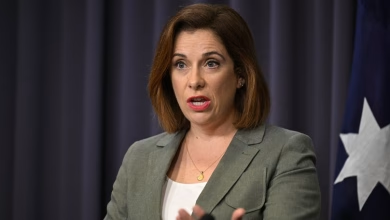Ghana’s cocoa sector is poised for growth, with rehabilitated farms expected to contribute over 200,000 metric tonnes to annual production.
COCOBOD CEO Joseph Boahen Aidoo highlighted this development during a press briefing.
While the cocoa season’s harvest is expected to be lower than initially forecast due to unfavorable weather, COCOBOD has implemented various measures to address these challenges.
The Cocoa Rehabilitation Programme has successfully rehabilitated over 40,000 hectares of cocoa farms, which are now ready to contribute to production.
To combat the impacts of climate change, COCOBOD is promoting agroforestry practices.
This approach integrates trees and crops, improving soil health, biodiversity, and providing shade for cocoa trees.
Additionally, COCOBOD has intensified efforts to promote climate-smart agricultural practices and strengthened its extension services.
COCOBOD’s commitment to environmental sustainability is evident in its involvement in the Cocoa and Forest Initiative and its focus on traceability.
The organization is working to ensure that Ghanaian cocoa is produced under ethical and sustainable conditions, meeting growing global demand.
To improve the livelihoods of cocoa farmers, COCOBOD is actively engaged in international partnerships promoting fair trade and remunerative prices.
The Côte d’Ivoire-Ghana Cocoa Initiative is a key example of regional cooperation in this area.
Regarding financing, COCOBOD has announced a historic shift. After 32 years of relying on offshore syndicated loans, the organization will now self-finance its operations.
This move is expected to enhance efficiency and support COCOBOD’s operations as the new cocoa season begins in September.
